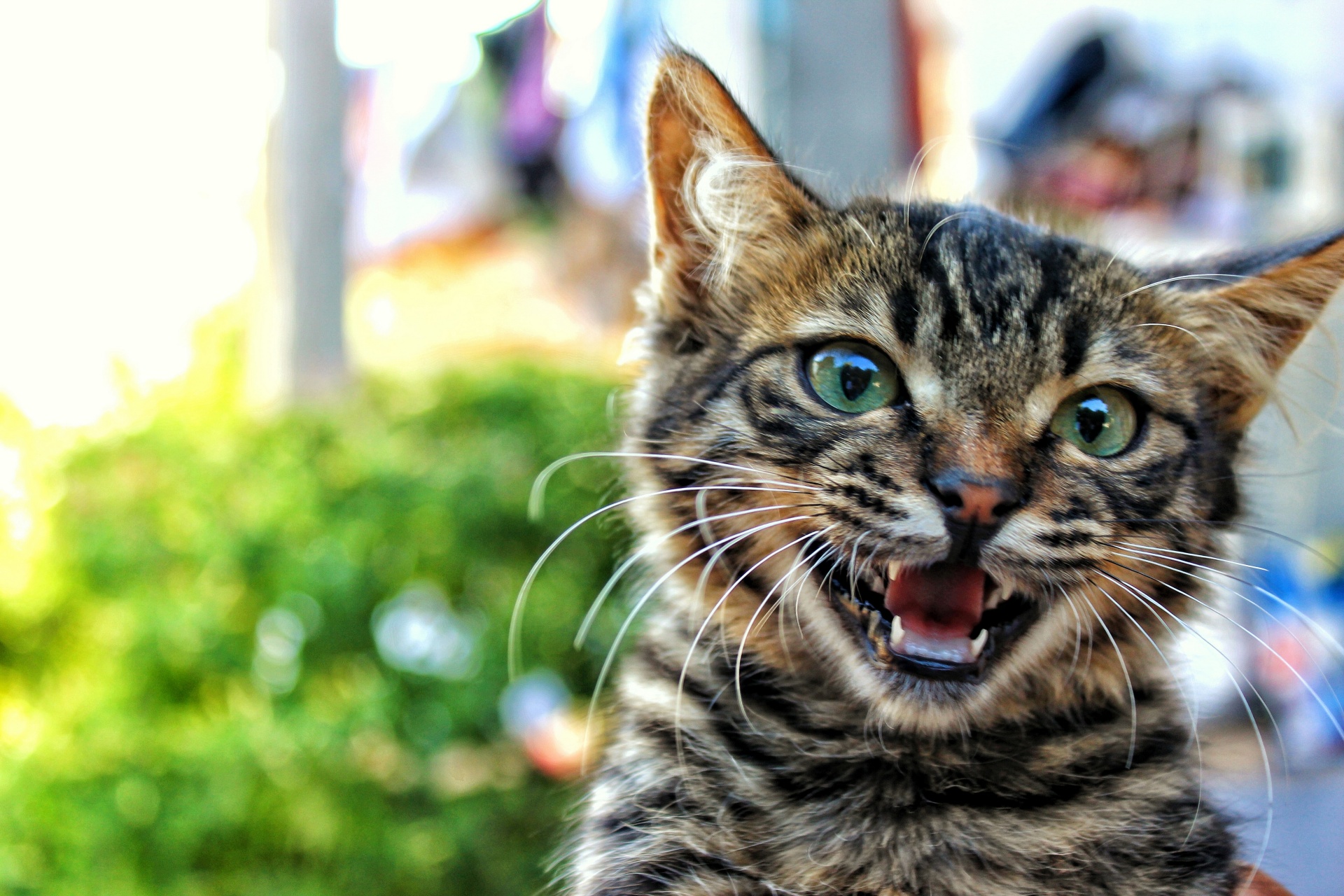4 Key Cat Health Problems Every New Parent Should Be Aware Of

Welcoming a cat to your household is wonderful. The only thing that beats having a cat is having a companion that is both quirky and curious. If you’re new to the lovely world of cats, it is vital that you keep in mind the cat’s health issues amd concerns from the start. It doesn’t matter if you bring home a purebred kitten or adopt a rescue, all cats have the potential to face certain health issues. With the right care, some problems can be mitigated, but others are simply unavoidable.
The goal of this article is to provide you with the most pressing concerns surrounding the cat’s health issues as well as the appropriate ways to tackle them.
1. Worms: A Silent Yet Serious Concern
Cat Health Problems It can be rather shocking, but cats tend to suffer from internal parasites, commonly referred to as worms. The usual culprits are tapeworm, roundworm and hookworm. If your cat has a hard time maintaining its weight, has a sensitive coat, or you notice little white pieces in the cat’s stool, worm infestation may be the cause.
Worms are not only problematic in terms of weight loss, but can also lead to complications if a cat is unresponsive to medication. If left untreated, the health of the cat can spiral out of control and eventually succumb to death. Regular deworming and recovery from flea infestations can prevent this issue. It is best practice to get in touch with a seasoned veterinarian at the indication of troubling signs.
Cat Health Problems There are a variety of worms; however, they can all cause significant problems to your cat. Cats can all be infested by tapeworms, roundworms, and hookworms. Cats can face many types of issues, but if it has fleas, is losing weight, or you can identify small white worm like structures in their stool, it is advisable to seek a veterinarian’s aid because they might have worms. Worms are not life-threatening if treated with medication, but can be if left untreated.
- 2. Hairballs: Unpleasant but generally Harmless
That awful hacking noise your cat occasional makes can only mean one diagnosis: Hairballs. Because cats continuously clean themselves, it is very likely that they swallows some of the loose fur that thumps up during grooming. Fur that is not used thumps up and at times, gets stuck in blocks and is later coughed up.
In general, hairballs are non-life threatening. However, in some cases they can be severely dangerous due to intestinal blockages. watchers are advised to look out for lack of appetite, dull coats, and constipation as these can indicate a blockage.
Prevention tip: Consider purchasing hairball-control dry feed for cats, but also brush your cat a few times weekly to limit loose fur.
3. Urinary Tract Infections (UTIs): Monitor the Litter Box
UTIs are usually common in cats, more so in males that are not neutered. One major warning sign is an increase in avoidance behavior toward the litter box. Another thing to look out for is stronger urine smell.
Infections of the urinary tract can be quite painful for your furry companion. If left untreated, they can lead to even more serious issues. Luckily, the vet will figure out what’s wrong and get them the right medication to fix it. The vet may even suggest some modifications to the cat’s diet or routine to stave off infections in the future.
4. Feline Leukemia: A Serious but Preventable Disease
Feline leukemia used to be one of the most common grounds for a cat to die. There is now a vaccine that will prevent your cat from contracting it, but it must be given prior to exposure.
There may not be outward signs of feline leukemia in a cat, but it will certainly be there, silently diminishing their life and weakening the immune system as time goes on. If your cat gets this diagnosis, keeping them away from other cats to prevent spreading the highly contagious virus is essential.
Routine testing and vaccinations are necessary to ensure the protection of your cat, especially if they come in contact with other cats or go outdoors.
Feline leukemia virus (FeLV) was once one of the most common fatal diseases in cats. Fortunately, there are now vaccines available. Timing, however, is critical. Exposure must not occur prior to vaccination. While its effects are not immediate in nature, FeLV drastically reduces lifespan. If you happen to own a feline leukemia infected cat, you must know that he must be isolated from other cats as the virus is very contagious.
Concluding remarks: Be up to date, Act early.
Ensuring a cat’s good quality health is best achieved through proactive measures like prevention. Regular checkups to a veterinarian, timely vaccinations, and keeping the cat indoor when possible will drastically improve their quality of health.
While imagining a reality where our pets fall ill is disheartening, keeping certain things in mind will help us navigate such difficult scenarios better. With the right measures and consistent care, cats can remain a perk in our lives for much longer.

